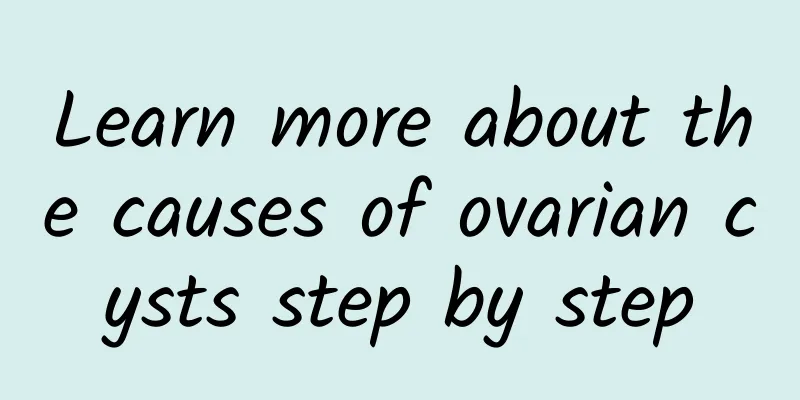Treatment of vulvar pain and abnormal vaginal discharge

|
Vulvar pain accompanied by abnormal vaginal discharge may be caused by infection, endocrine disorders or allergies, and requires prompt medical attention for a clear diagnosis and targeted treatment. Possible treatments include drug intervention, lifestyle adjustments and individualized treatment. 1) Treatment methods for infections The most common causes of vulvar pain and abnormal vaginal discharge are infections, usually including bacterial vaginitis (such as anaerobic infections), fungal infections (such as Candida infections), or sexually transmitted diseases (such as chlamydia infections). For bacterial infections, antibiotics such as metronidazole or clarithromycin can be used; for fungal infections, antifungal drugs such as fluconazole or miconazole are commonly used; sexually transmitted diseases may require a broader spectrum of antibiotics. Drug treatment should be based on the results of pathogen testing, rather than random medication. In conjunction with drug treatment, patients should keep the vulva clean and dry and avoid using irritating cleaning products. 2) Treatment methods for non-infectious factors If it is not caused by infection, such as vulvar discomfort or allergic inflammation caused by changes in hormone levels, the cause must be identified before medication. Hormone replacement therapy can be considered, such as estrogen cream, which is effective for vulvar problems caused by postmenopausal hormone deficiency. If the allergic symptoms are caused by contact allergens (such as detergents, sanitary napkins or tight underwear), the allergens must be eliminated first, and a mild topical repair ointment (such as zinc oxide ointment or moisturizing soothing cream) should be used to relieve the symptoms. 3) Lifestyle adjustments and preventive measures During treatment, good hygiene habits can help relieve and prevent symptoms. Avoid wearing tight synthetic underwear for a long time, and choose pure cotton breathable underwear; change sanitary napkins frequently during menstruation, develop the habit of washing the vulva with warm water every day, and do not use detergents at will. In terms of diet, you can eat more foods rich in probiotics (such as yogurt) to improve the balance of vaginal flora and enhance the body's immunity. Vulvar pain and abnormal vaginal discharge should not be ignored. Any symptoms that do not ease or worsen over a long period of time should be treated promptly. Follow the doctor's instructions to identify the cause and carry out targeted treatment. At the same time, pay attention to daily care to avoid recurrence or aggravation of the disease and improve the quality of life. |
<<: How can I eliminate uterine cysts and what medicine should I take?
>>: What are the symptoms of threatened abortion? How many days will bleeding occur?
Recommend
The secretions after abortion are like jelly snot colloid: reveal the reasons behind it
Hello everyone, today we are going to discuss a p...
Eat fruits and vegetables like this to burn fat! Nutritionist's Magic Tips
Obesity is the biggest enemy of women, especially...
What are uterine fibroids? What are the causes of uterine fibroids?
What are uterine fibroids? What are the causes of...
Why do I get dysmenorrhea when I'm angry?
Anger is dysmenorrhea, which is caused by changes...
Causes of pelvic inflammatory disease
Among gynecological inflammations, pelvic inflamm...
How to treat cervical warts effectively
As we all know, the current society is open, so m...
Some common causes of adnexitis
Adnexitis is a gynecological disease, and there a...
To lose weight, only eat protein and fruit instead of breakfast? Don't make these 8 wrong habits to avoid weight loss stagnation
Encountering a weight loss stagnation is the bigg...
Explain the dangers of cervical hypertrophy that need to be paid attention to
Cervical hypertrophy is a gynecological disease t...
How to diagnose pelvic inflammatory disease accurately
How to diagnose pelvic inflammatory disease accur...
Postpartum chronic pelvic inflammatory disease must be prevented
After giving birth, many mothers focus their ener...
What to do with moderate chronic cervicitis
Moderate chronic cervicitis is generally caused b...
How to check for pelvic effusion
Pelvic effusion is a very common gynecological di...
How to cure infection after abortion
How to cure infection after abortion? Although ab...
Face up to the dangers of ovarian cysts and take early prevention and treatment
Underestimating the harm of ovarian cysts is very...









